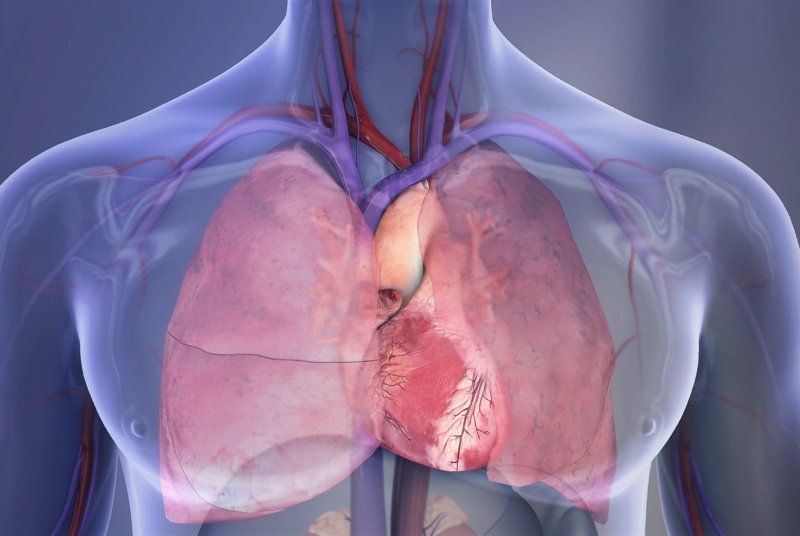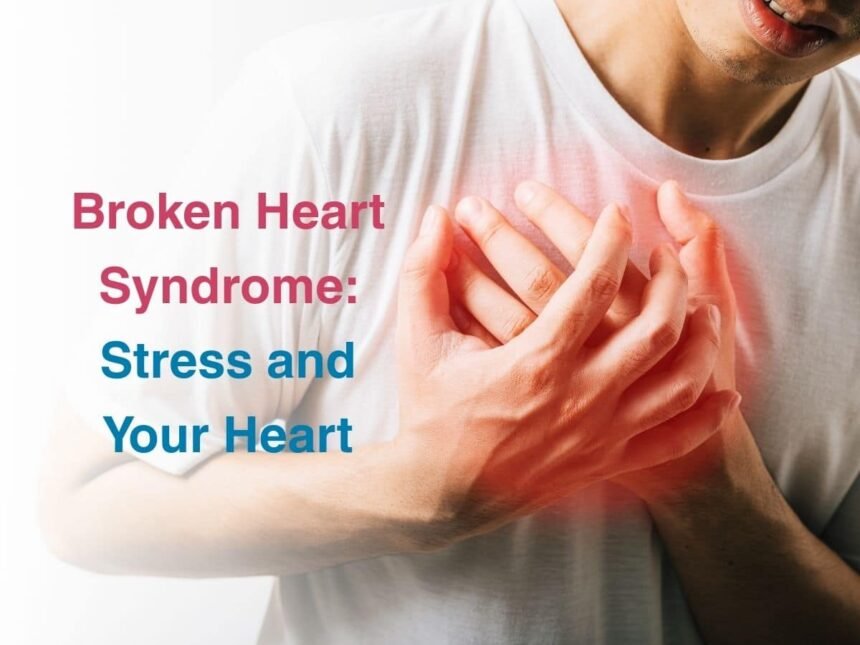Understanding Broken Heart Syndrome in Men
Broken heart syndrome in men, medically known as takotsubo cardiomyopathy (TC), is a stress-induced heart condition that can mimic the symptoms of a heart attack. Although this condition is more commonly observed in women, research indicates that men affected by TC face a higher risk of severe complications and mortality. The condition is triggered by sudden physical or emotional stress, leading to a surge of stress hormones that temporarily impair the heart’s ability to pump blood effectively. Recognizing the warning signs early can save lives and prevent lasting heart damage.
What Triggers Broken Heart Syndrome?
Broken heart syndrome in men is often caused by extreme emotional or physical events. Emotional triggers can include the death of a loved one, intense fear, or severe anxiety, while physical triggers may involve major surgery, sudden illness, or strenuous physical activity. When the body encounters these stressors, the adrenal glands release large amounts of catecholamines—hormones responsible for the “fight-or-flight” response. Excessive catecholamines can overwhelm the heart muscle, causing a section of it to “freeze” and preventing the heart from pumping efficiently.

Symptoms of Broken Heart Syndrome
Men experiencing broken heart syndrome often display symptoms similar to a heart attack. Common signs include:
- Severe chest pain or pressure
- Shortness of breath
- Heart palpitations or irregular heartbeat
- Lightheadedness or fainting
Unlike a traditional heart attack, broken heart syndrome does not usually involve blocked coronary arteries. However, the sudden stress on the heart can still lead to serious complications if not addressed promptly.
Why Men Are at Higher Risk
Recent studies analyzing nearly 200,000 TC patients in the United States have shown that while women represent 83% of cases, men are more than twice as likely to die from the condition. Experts suggest several reasons for this disparity:
- Hormonal Differences: Estrogen in women may provide a protective effect, helping the heart manage surges in catecholamines more effectively. Men, having lower levels of estrogen, may experience more severe cardiac stress during extreme events.
- Higher Catecholamine Response: Men tend to produce more stress hormones during critical events, increasing the likelihood of more severe TC episodes.
- Delayed Medical Care: Social norms and misconceptions about toughness may lead men to delay seeking treatment, allowing the condition to worsen.
- Misdiagnosis: Since TC is often considered a “female” condition, healthcare providers may overlook it in men, delaying proper intervention.
Complications of Broken Heart Syndrome
Broken heart syndrome can lead to a variety of serious complications, particularly in men:
- Blood clots
- Stroke
- Heart failure
- Cardiac arrest
Early recognition and treatment are crucial. Medications such as beta-blockers and ACE inhibitors can reduce stress on the heart, prevent complications, and restore proper function within weeks.

Diagnosing Broken Heart Syndrome in Men
Diagnosis begins with recognizing the symptoms and considering the patient’s recent physical or emotional stressors. Doctors often use:
- Electrocardiograms (ECG) to detect heart rhythm abnormalities
- Echocardiograms to assess heart muscle movement
- Blood tests to measure cardiac enzyme levels
Unlike heart attacks, TC does not typically show blocked arteries on angiograms, which is an important differentiator for accurate diagnosis.
Preventing Broken Heart Syndrome
While sudden stress cannot always be avoided, men can reduce their risk of TC through lifestyle and mental health strategies:
- Manage chronic stress: Daily exercise, meditation, and mindfulness techniques can help regulate hormone responses.
- Seek early help: Do not ignore chest pain or shortness of breath. Immediate medical attention can prevent severe complications.
- Maintain heart health: Balanced diets, avoiding tobacco, and controlling blood pressure and cholesterol contribute to cardiovascular resilience.
- Regular checkups: Routine medical evaluations can detect underlying heart conditions that may increase vulnerability to TC.
Living with Broken Heart Syndrome
Recovery from broken heart syndrome is generally favorable with prompt medical care. Most patients regain full heart function within weeks, but ongoing follow-up is essential to monitor heart health and prevent recurrence. Emotional support is equally important, as stress management plays a key role in preventing future episodes.

The Importance of Awareness
Healthcare professionals and the public should recognize that broken heart syndrome is not exclusively a female condition. Awareness of TC in men can lead to faster diagnosis, timely treatment, and lower mortality rates. Education on stress management, heart health, and the seriousness of chest pain can save lives. https://www.cdc.gov/heartdisease/prevention.htm
Future Research Directions
Despite advancements, more research is needed to fully understand why men experience higher mortality rates from broken heart syndrome. Large-scale studies investigating hormonal influence, genetic factors, comorbidities, and effective treatments could lead to better outcomes for male patients.
Conclusion
Broken heart syndrome in men is a serious and potentially deadly condition, triggered by emotional or physical stress. Men are more likely to experience severe complications and higher mortality rates compared to women, highlighting the need for awareness, early diagnosis, and effective stress management. Recognizing the symptoms and seeking immediate medical care can save lives, and ongoing research will help better protect men from this rare but critical heart condition.




